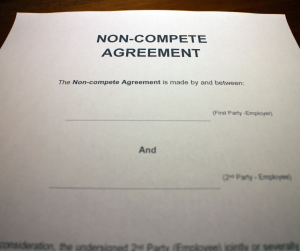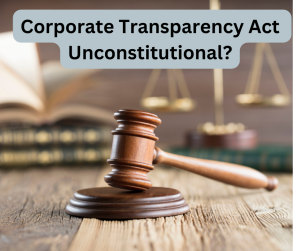Businesses across Illinois are facing serious challenges in securing insurance coverage for lawsuits brought under the Biometric Information Privacy Act (BIPA). And a recent decision by the federal court in Chicago – Westfield Insurance Company v. UCAL Systems, Inc. – dealt yet another blow to corporate policyholders. This ruling is just the latest in a series of legal setbacks that make obtaining coverage for BIPA claims under standard Commercial General Liability (CGL) policies an uphill battle.
What Is BIPA, and Why Does It Matter?
 Chicago Business Attorney Blog
Chicago Business Attorney Blog











